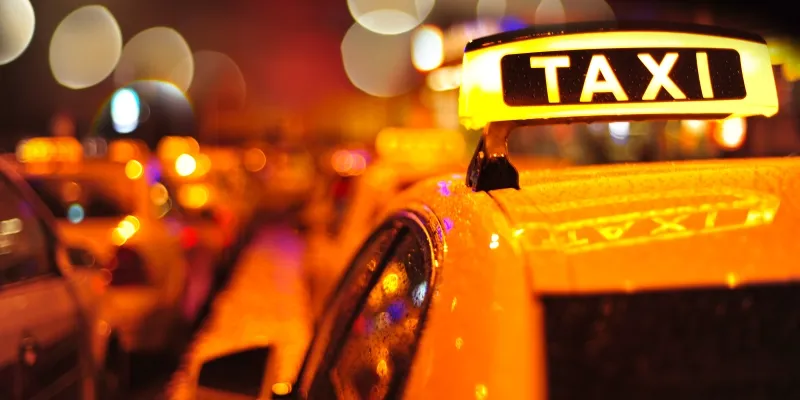Ola Share and Uber Pool under fire in Delhi now
Once again, Delhi has followed Karnataka in calling Ola Share and Uber Pool illegal. Last year too, Delhi had ruffled feathers of the San Francisco-based giant Uber and Bengaluru-based unicorn Ola barely days after Karnataka went after the two. The Delhi government has reportedly been considering banning the car-sharing services. Reports in Business Standard newspaper suggest that the issue over violation of a key permit is believed to have caused troubles for the cab aggregators.
The Aam Aadmi Party, which rules in Delhi, also informed the Delhi High Court that the policy drafted by a court-appointed panel for regulating app-based cab aggregators like Ola and Uber could not be be accepted in its current form and that the party was in the process of formulating its own norms in this regard.

The party said that it will "apply its own mind" and implement the policy according to the needs of the national capital and sought two months' time to formulate its own norms. The submission was made before Justice Manmohan, who then listed the matter for hearing on April 17.
The year hasn’t begun on a positive note for the cab aggregators. Beginning with drivers of both platforms went on a protest against the aggregators, the Karnataka government in January-end had gone on to call for the banning of the Ola Share and Uber Pool services.
As per state transport department guidelines, services like Ola and Uber fall under the contract carriage permits and as such the cab aggregators cannot pick and drop passengers during the course of the ride as it is only for point-to-point pick and drop.
Currently, there is a 15-day ceasefire in Karnataka. The report suggest that the cab aggregators are bringing out different variants of shared rides, which the government mandates as illegal, and complains that it wasn’t consulted on the same.
The Delhi High Court has observed on more than one occasion that the law has not kept pace with changing technology. It had set up an expert panel to formulate a uniform policy to regulate such companies. Some of the 15 key recommendations of the panel include states facilitating unhindered grant of permits for city taxis and All India Tourist Permits (AITP) without any restriction on numbers, online conversion of compliant personal vehicles to commercial taxis on payment of requisite charges to facilitate use of idle assets, and no regulation of tariff of deluxe taxis which should be determined by market dynamics.
However, while the state governments claim the services to be illegal, they also agree that pool and share services are much needed for cities like Bengaluru and Delhi and they will have open dialogues with the aggregators.







